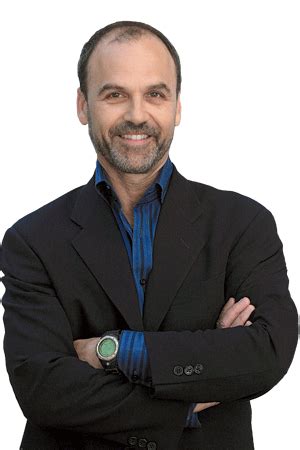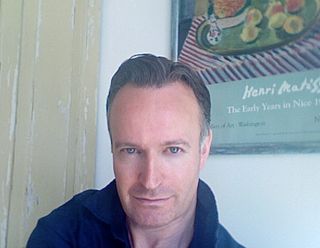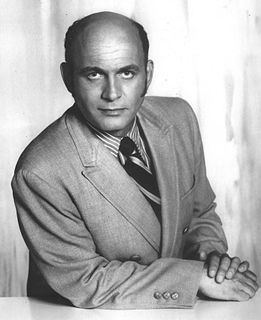A Quote by Tomi Adeyemi
I grew up in a predominantly white community - Hinsdale, Illinois - and given that, I feel blessed because I could still count my experiences with blatant racism on two hands. I thought racism was the substitute teacher picking on you because she assumes that you're a delinquent, and she doesn't know you have the highest score in the class.
Related Quotes
The problem is that white people see racism as conscious hate, when racism is bigger than that. Racism is a complex system of social and political levers and pulleys set up generations ago to continue working on the behalf of whites at other people's expense, whether whites know/like it or not. Racism is an insidious cultural disease. It is so insidious that it doesn't care if you are a white person who likes Black people; it's still going to find a way to infect how you deal with people who don't look like you.
I grew up in a working-class community. I come from a big family. I knew Donald Trump would win because I knew he is what poor Americans think a rich person looks like. And I knew that Hillary Clinton would annoy voters in their tens of millions, because she basically sucked at communicating with poor people and seemed like a person who'd been powerful and rich for decades. She was a disastrous candidate. I mean, she was up against a psychopath and she still lost. The country's thinking was beyond her, literally.
Another response to racism has been the establishment of unlearning racism workshops, which are often led by white women. These workshops are important, yet they tend to focus primarily on cathartic individual psychological personal prejudice without stressing the need for corresponding change in political commitment and action. A woman who attends an unlearning racism workshop and learns to acknowledge that she is racist is no less a threat than one who does not. Acknowledgment of racism is significant when it leads to transformation.
She sits in her usual ample armchair, with piles of books and unopened magazines around her. She sips cautiously from the mug of weak herb tea which is now her substitute for coffee. At one time she thought that she could not live without coffee, but it turned out that it is really the warm large mug she wants in her hands, that is the aid to thought or whatever it is she practices through the procession of hours, or of days.
Many European countries are fascinated with minorities from the United States. They still see this country as a world power and they covet that power...I was approached by a professor once at the Sorbonne in Paris and asked about racism in this country, and when I reflected on racism on the streets of Paris - you know, I'd be considered an Arab there -well, she didn't want to address that...It just goes to show it was easier for Europeans to study racism in the United States than it is from within the belly of the beast.
This film isn't about "white racism", or racism at all. DEAR WHITE PEOPLE is about identity. It's about the difference between how the mass culture responds to a person because of their race and who they understand themselves to truly be. And this societal conflict appears to be one that many share.







































